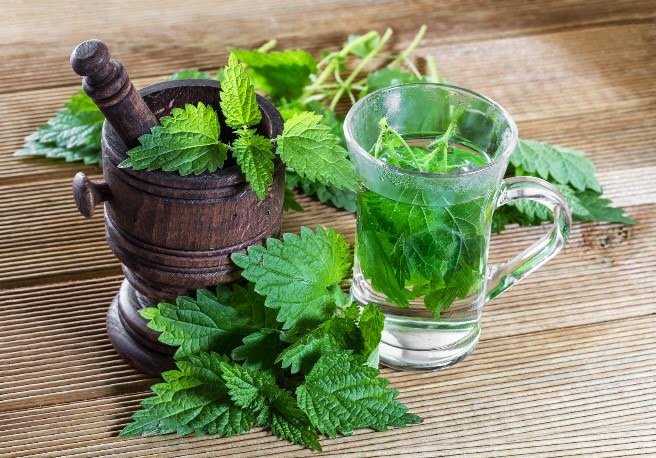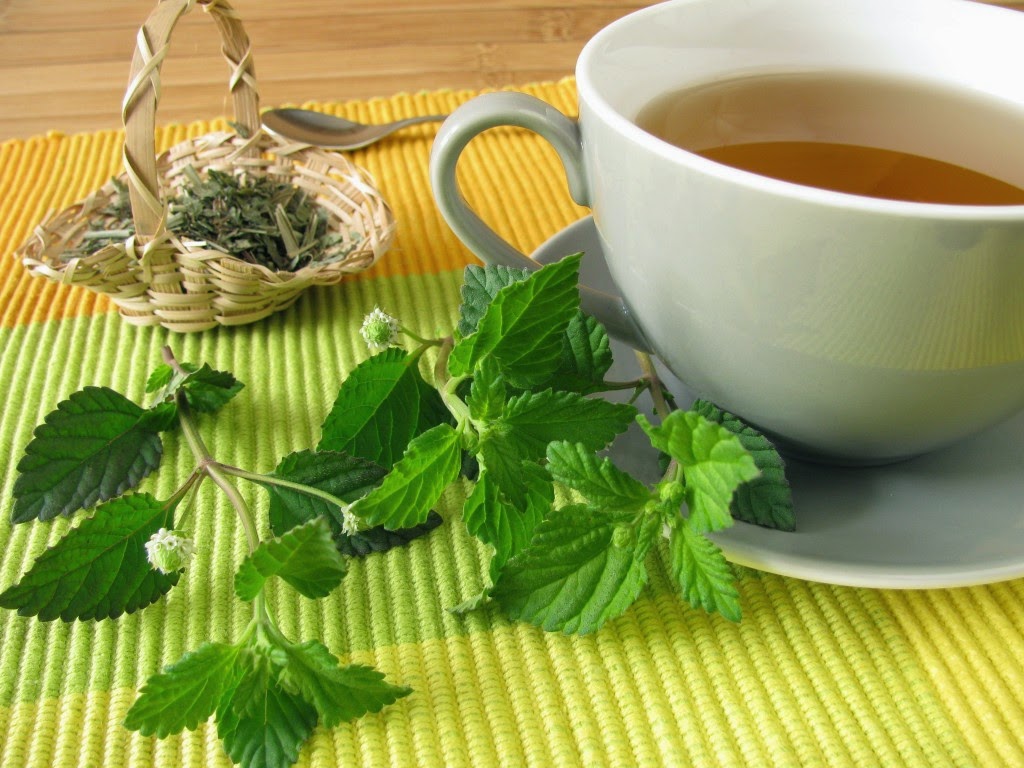Nettle benefits and how to use it in the kitchen

Nettle is a popular herbal remedy with multiple uses and applications, it can reduce arthritis pain to treat seasonal allergies and even be part of cooking recipes. Here are the benefits of nettle and what the research says.

Among the wild plants we find the nettle. It grows spontaneously especially in humid areas, but it can also be grown in the garden or garden. This plant is a great unknown, so today we want to talk about the benefits of nettle and how to use it in the kitchen.
Table of Contents
What is nettle
Nettle, or Urtica dioica, is a common plant that grows in the United States, Canada, and Europe. It grows mainly in humid and fertile soils.
Nettle has small sharp protrusions on its leaves. These “stalks” contain chemicals, such as formic acid and histamine, that can irritate the skin and cause itching, inflammation of the skin, and redness. This form of plant defense also contains a variety of other chemicals that can affect humans, such as acetylcholine and serotonin.
Ancient civilizations used nettles to treat various ailments. For example, ancient Egyptians used nettle infusions to treat arthritis. Some people still use nettle as a medicinal aid today.
This plant is rich in vitamins A, C and E and minerals (iron, calcium, magnesium or zinc). Nettle contains a large number of amino acids, amines, sterols, ketones, formic acid, folic acid and chlorophyll.
Nettle properties
It has astringent, expectorant, anti-inflammatory, anti-anemic, anti-diabetic, hemostatic and diuretic properties, as it helps eliminate waste from the body.
It helps to reduce blood sugar levels, to strengthen the immune system, reducing the risk of having the flu or cold, and to reduce problems such as fatigue, stress, exhaustion or anemia due to its high iron content.
Nettle is also beneficial to fight urinary tract infections, increases the amount of breast milk, fights dandruff, hair loss and regulates oily skin, strengthens nails, promotes good blood circulation, tones the kidneys, favors the digestive system, relieves hemorrhoids, facilitates the elimination of kidney stones, and is beneficial in removing mucus from the respiratory tract.
Nettle benefits
These are some of the benefits of nettle, now is the time to learn how to use it in the kitchen.
We can consume it in infusions, add its leaves to salads, creams, purees, stews, or even make an omelette with eggs and nettle. Because it is used as one more vegetable from the garden in recipes such as chard or spinach or by adding it with other vegetables to make vegetable broths.
Prevention of kidney stones and other urinary and bladder problems
The nettle tea is a natural diuretic that allows the proper flow of fluid in the kidneys and bladder, thus preventing the formation of kidney stones. The Journal of Herbal Pharmacotherapy states that nettle tea can remove toxins from the urinary tract and is also compatible with medications used to treat urinary tract infections.
Ideal for treating eczema and seasonal allergies
Do you know that drinking nettle tea helps to eliminate toxins from the body? This gives you blemish-free skin and helps treat eczema.
The infusion prepared with this herb prevents and cures allergies that occur with the seasonal change, such as itching, allergic rhinitis and sneezing. Nettle helps reduce the amount of histamine that the body produces in response to the allergen, which is why doctors prescribe freeze-dried nettle to prevent the onset of hay fever.
Relief for pain and arthritis
Nettle has historically been used to treat joint pain and muscle pain, especially in relation to arthritis. The Arthritis Foundation suggests that nettle tea may also reduce the association of inflammation and pain with osteoarthritis.
Using nettle in the kitchen
In addition, we have already mentioned that it is a purifying silver that provides calcium and iron so it is the perfect condiment to make our meals healthy and nutritious.
Nettle cream
You need a kilo of fresh nettles, two potatoes, an onion, a pint of milk, a drizzle of olive oil and a pinch of salt. After washing the nettles, in a saucepan we fry the chopped onion with olive oil. When it is golden, add the diced potatoes, nettles, a pinch of salt and add water until covered.
After simmering, we pass the content through a pureed raisin. To finish we put the cream to boil and add the hot milk.
Nettle omelette
We need a kilo of nettle leaves, four eggs, a drizzle of olive oil, half a teaspoon of salt, and chopped coriander. The leaves are boiled and reserved. We beat the eggs, add the salt together with the coriander and the nettle leaves and mix. We heat oil in a pan and follow the procedure as we do to make a conventional omelette. It can be accompanied by brown rice.
Nettle tea
Add 1 teaspoon of leaves to a cup and add 200 ml of very hot water that does not come to a boil. Cover the cup and let it rest for five minutes. Then you just need to strain and drink the infusion.
Side effects
Nettle is a safe herb to consume in moderate amounts. However, side effects can include:
- Stomach problems.
- Urinary problems.
- Hives or rashes.
There is no official safety information for pregnant women or children. For this reason, both groups should avoid the use of nettle.
It is always important to consult a doctor before using any herbal remedy to treat a medical condition.


